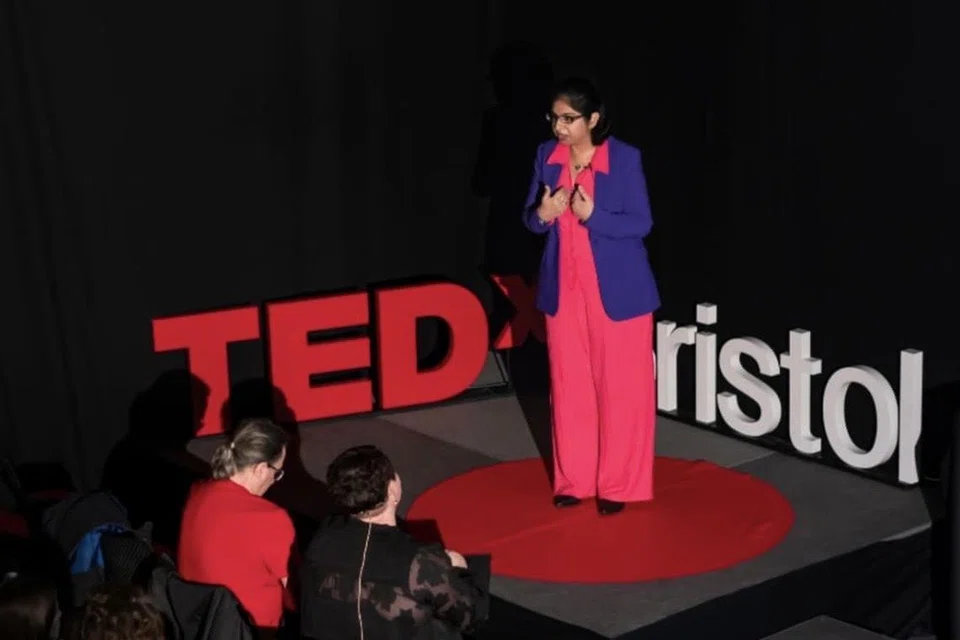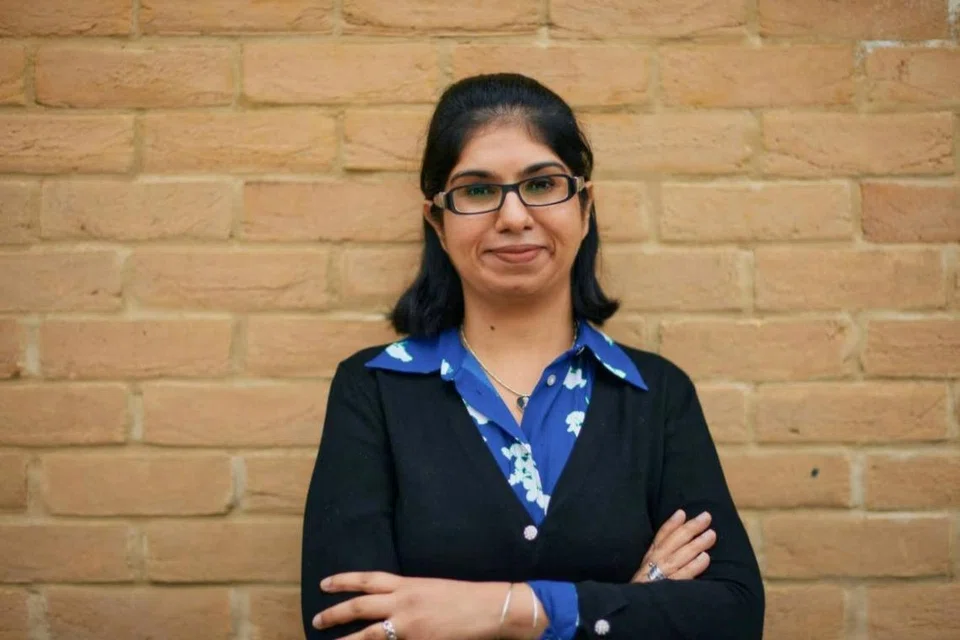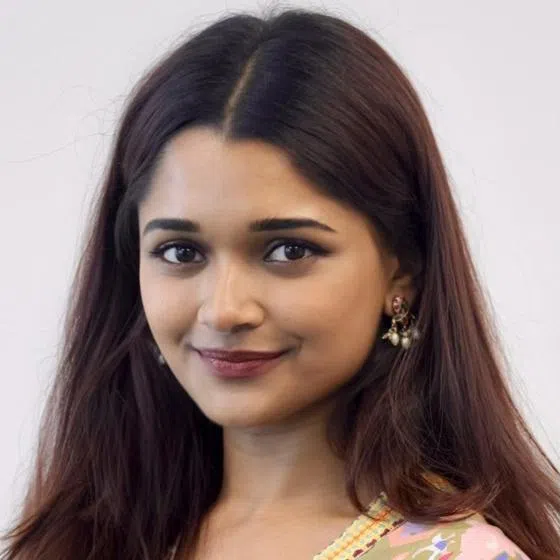It’s easy to talk about women’s bodies in abstraction – cycles, hormones, fertility – until those abstractions become disruptive and threaten careers, relationships, and daily life. For Ms Gurpreet Kaur, that disruption was endometriosis.
Endometriosis is a chronic condition in which tissue similar to the uterine lining grows outside the uterus, often on other organs, such as the ovaries, fallopian tubes and other pelvic organs. It can cause debilitating pain, fatigue, and even infertility. For Ms Gurpreet, 40, the disease hijacked her twenties and thirties to the point of being wheelchair-bound for five years, from 2013 to 2018.
She was first diagnosed with endometriosis during her undergraduate years at the National University of Singapore. To manage the symptoms and reduce the severity of the pain, she was promptly prescribed hormonal pills, which proved effective for several years. It wasn’t until after completing her PhD that her gynaecologist advised her to stop the pills, suggesting it was time to assess if her body could regulate itself without hormonal support. Unfortunately, her health rapidly deteriorated soon after.
“When you’re surviving, you don’t have space to process what’s happening,” she said. “It’s only afterwards that the trauma hits.”
Endometriosis affects one in 10 women globally, yet it remains poorly researched, she said. Ms Gurpreet recalled an early consultation with a male gynaecologist. “I told him how much pain I was in. He chuckled and replied, ‘Yeah, I’m in pain too. My elbow and wrist are killing me from tennis yesterday.’ That was the person in charge of my care,” she said. Another doctor told her that her physical pain was actually psychological.
That was one of many moments, Ms Gurpreet said, that crystallised how women’s pain – especially chronic and invisible pain – is treated as an exaggeration. “When a patient tells you what they’re experiencing, that is evidence. It’s lived testimony that needs to be believed.”
Born and raised in Singapore, Ms Gurpreet said she has seen firsthand how medical neglect can be amplified by cultural silence. “Suffering is often mistaken for resilience,” she noted. Her illness wasn’t just medical, as it collided with social, familial, and institutional denial. When doctors eventually told her the only long-term option for pain relief was a hysterectomy – the removal of her uterus – Ms Gurpreet faced resistance.
In many South Asian families, reproductive capacity is seen as intrinsic to womanhood. “There’s this idea that without a uterus, you’re less of a woman.” Her family was reluctant to have Ms Gurpreet undergo this life-changing surgery. Her mother, Mdm Charanjit Kaur, said, “Even her doctor was not supportive of the decision, as she was very young. But Gurpreet was adamant: ‘If my uterus is the source of my pain, I want to get rid of it,’ she would say.”
Mdm Charanjit added that watching her daughter go through such pain – cancelling opportunities because she could not sit on a plane for a few hours, and going through surgery after surgery – was traumatic. “When it comes to endometriosis, people focus on fertility issues, but no one focuses on the pain. It was not easy to watch her go through that,” she said.
But in 2020, Ms Gurpreet made the decision to get a hysterectomy on her own. “By then, I’d already lost years of my life. I couldn’t wait for anyone’s permission.”
The surgery brought some physical relief, but reintegration brought its own crisis. “You come out of the wheelchair and people say, ‘Back to normal!’ But there’s no picking up where you left off.” She emerged in her mid-thirties – body altered, career stalled, and future rather uncertain. The one question she said loomed over her was: “What did I survive for?”
“If you have a career gap, they ask you to show what you did in those years. But what if all you did was survive?” Ms Gurpreet questioned.
She lamented how millions of women face misdiagnoses, dismissal, and internalised shame for what their bodies endure. “There’s this myth in our culture that the more you suffer, the better woman you are. That’s absolute nonsense. Suffering didn’t make me better. It took a lot from me,” Ms Gurpreet said.
Early on, in search of catharsis, she looked for anyone who shared her experience. “There were blogs about endometriosis,” Ms Gurpreet said, “but nothing that talked about what it does to your life, identity and relationships.”
Today, she speaks globally about the structural invisibility of women’s pain and the urgent need for systemic reform.
In November 2023, Ms Gurpreet gave a TEDx Talk on the severity and systemic neglect of endometriosis. In May 2024, she addressed the World Health Assembly in Geneva. She is a visiting scholar at SOAS University of London and a consultant with the United Nations University’s International Institute for Global Health. She aims to continue being an advocate for women’s health as long as she lives.

“Policy has to do the work,” Ms Gurpreet said. “We shouldn’t have to fight so hard just to be heard.” Agreeing with her daughter, Mdm Charanjit noted: “We need to raise awareness about the societal pressure Indian girls face. They are often silenced because cultural norms stop them from speaking openly. I am proud of the work my daughter is doing to achieve that.”


